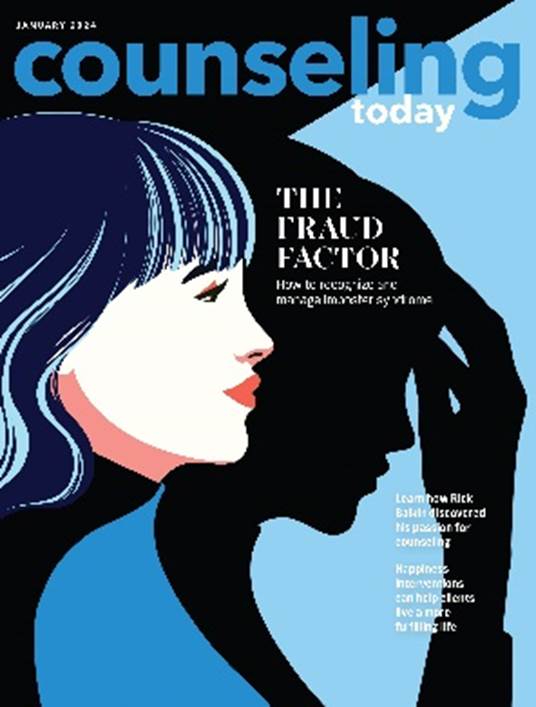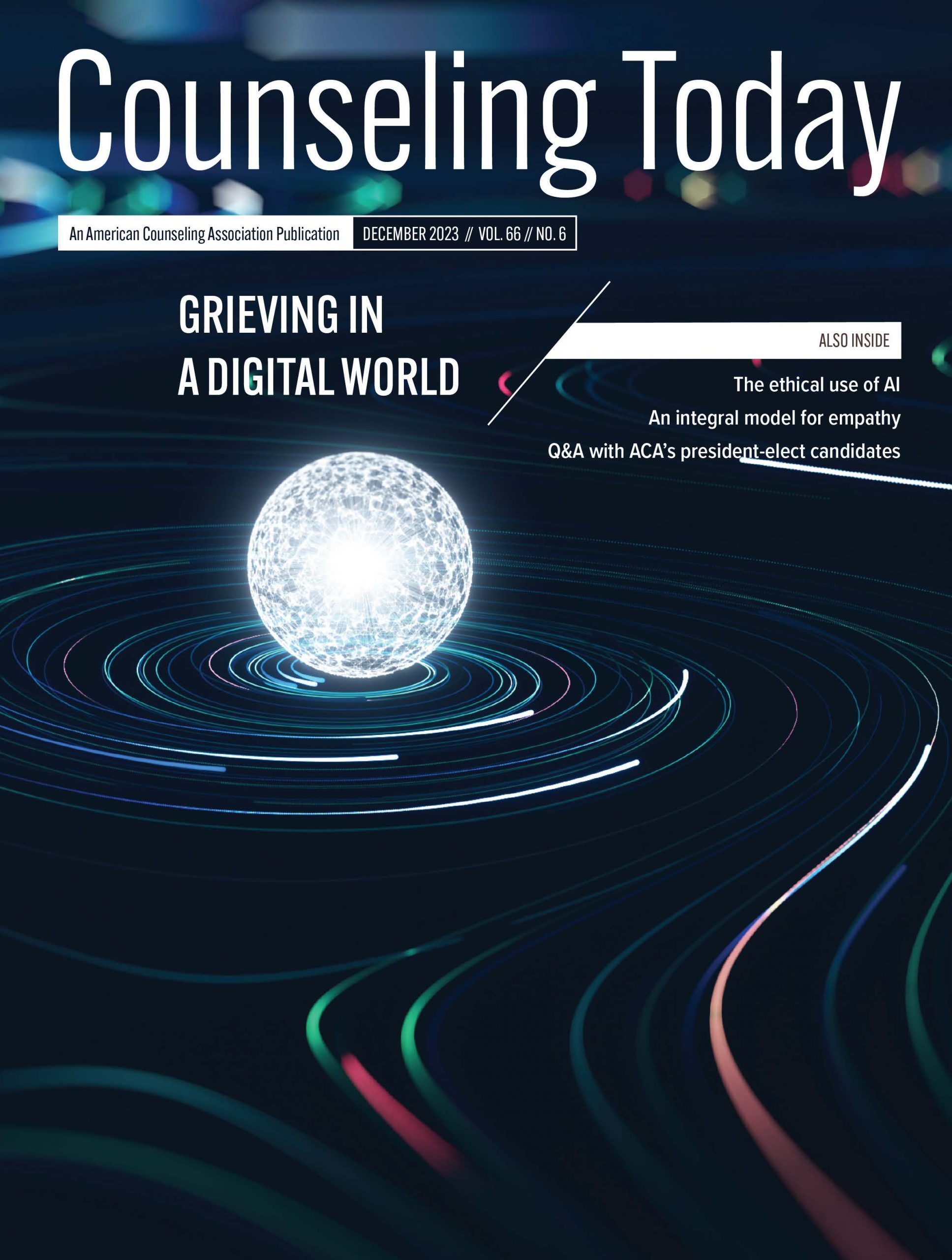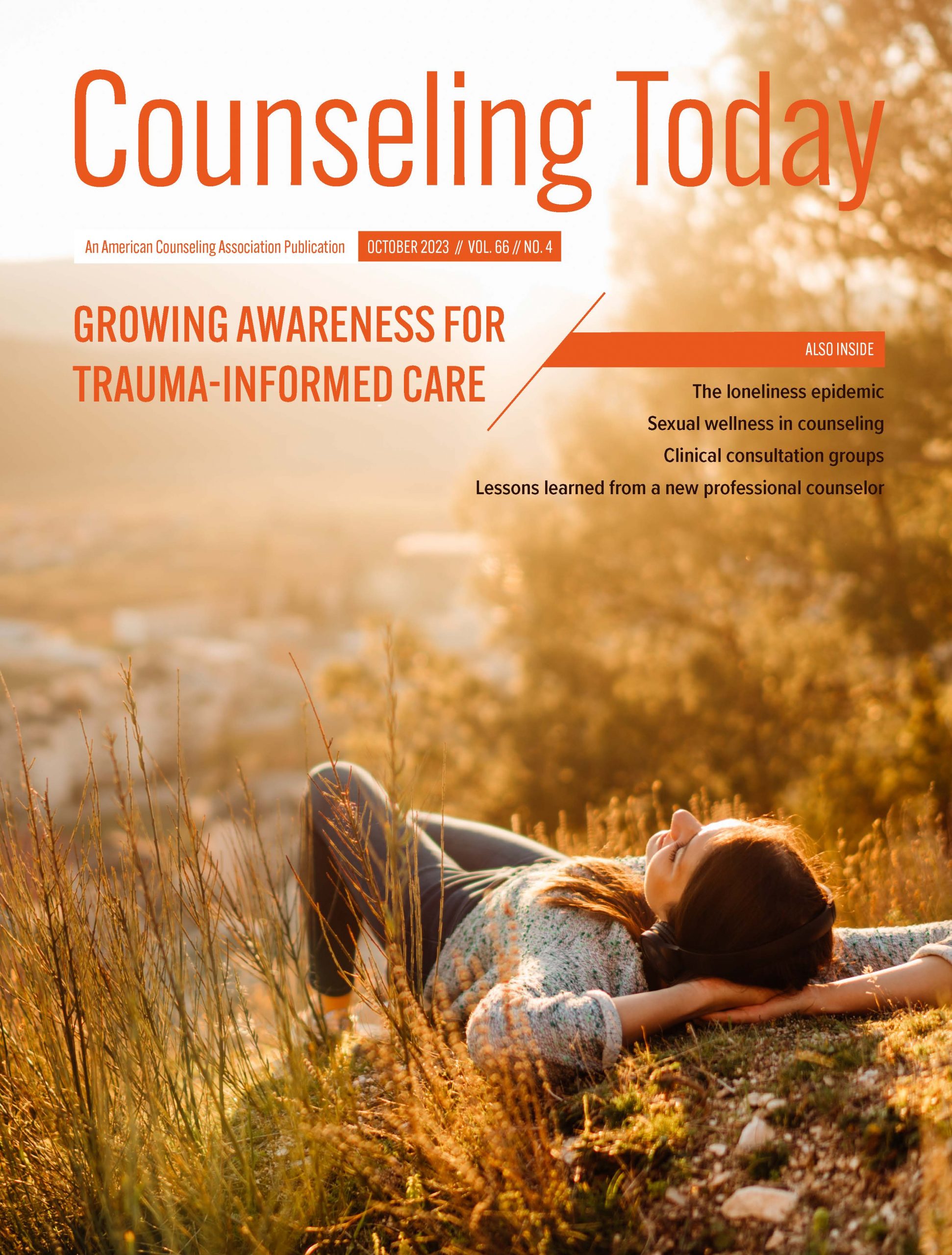
The Breaking Point
Ruptures in counselor-client relationships can happen, but therapists can learn how to repair the cracks and improve the process.
Online Exclusives
-
 Closing Keynote Paves Way for Radical CollaborationApril 2024
Closing Keynote Paves Way for Radical CollaborationApril 2024Three mental health leaders reminded ACA Conference attendees of the power of collaboration and their role in it.
-
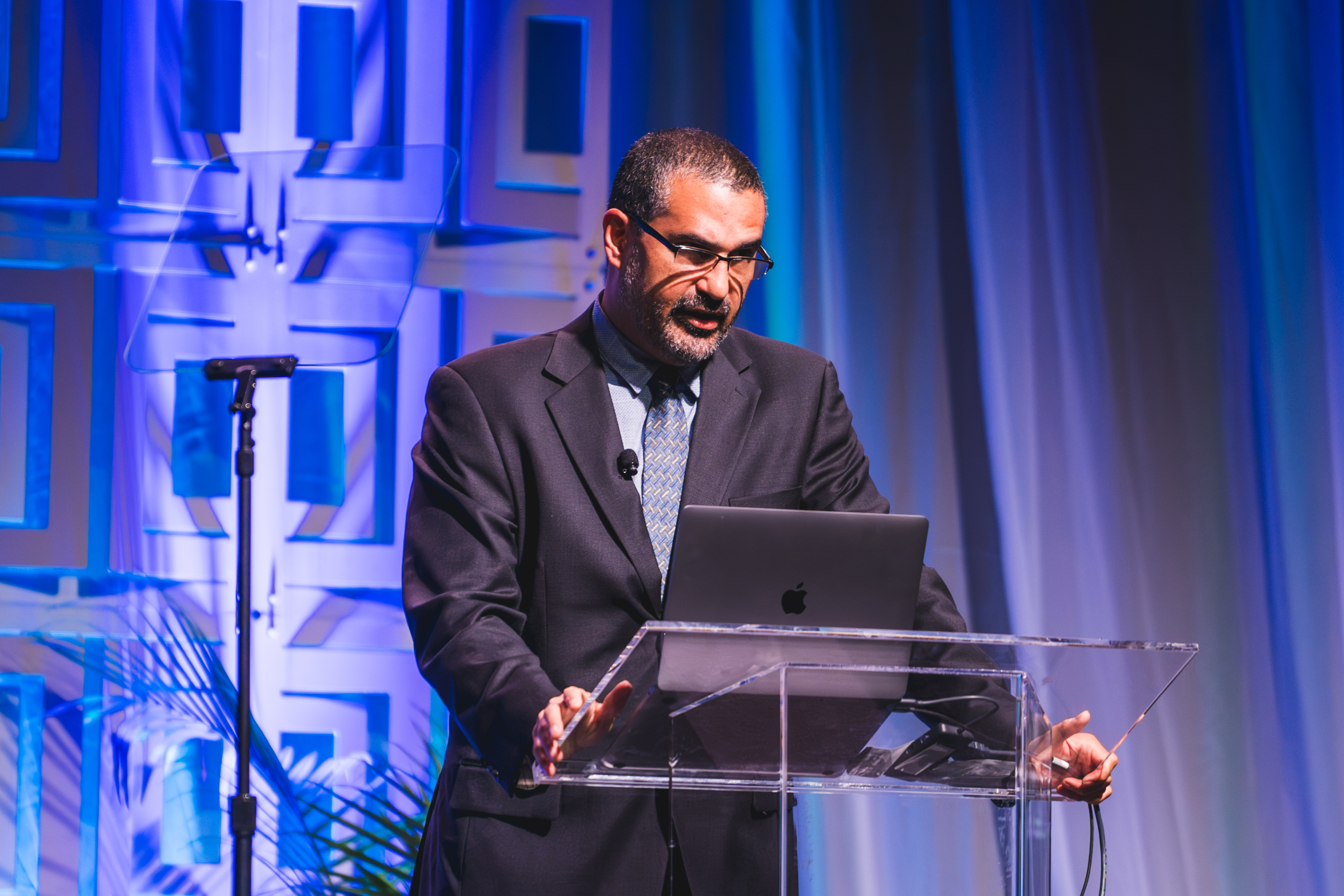 Opening Keynote Calls for Counselors to Be Agents of ChangeApril 2024
Opening Keynote Calls for Counselors to Be Agents of ChangeApril 2024Nelson Maldonado-Torres, PhD, challenged ACA conference attendees to reflect on how counseling can empower people to think critically about themselves and others.
Tags: -
 A Mindful Approach to OCDMarch 2024 |By Lisa R. Rhodes
A Mindful Approach to OCDMarch 2024 |By Lisa R. RhodesUsing mindfulness, along with cognitive behavior therapy and acceptance and commitment therapy, can help clients with obsessive-compulsive disorder manage their compulsive thoughts, feelings and behaviors.
-
 How to Manage Shame in SupervisionMarch 2024 |By Erin Goedegebuure
How to Manage Shame in SupervisionMarch 2024 |By Erin Goedegebuure“How could you have been so stupid?” was what my clinical supervisor asked me early in my career as a counselor. This was after I questioned the fit of a model of treatment for a particular family and contacted our consultant with my concerns.
Search CT Articles
Download Recent Issues
ACA members receive access to past full issues of Counseling Today. Log in to download copies from the archive.

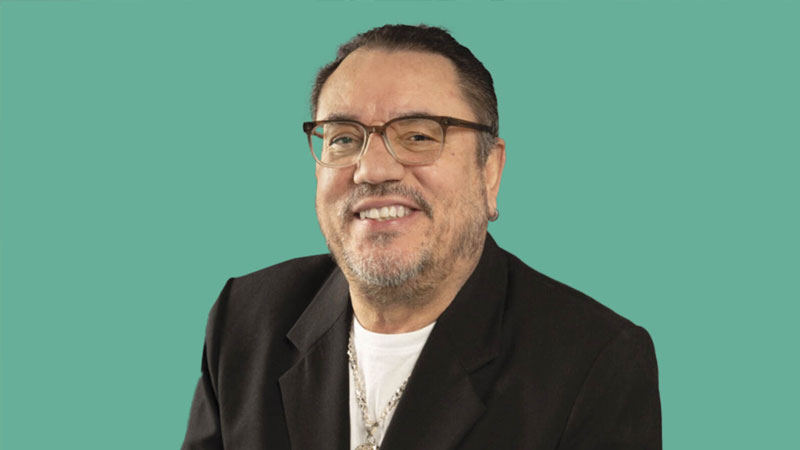
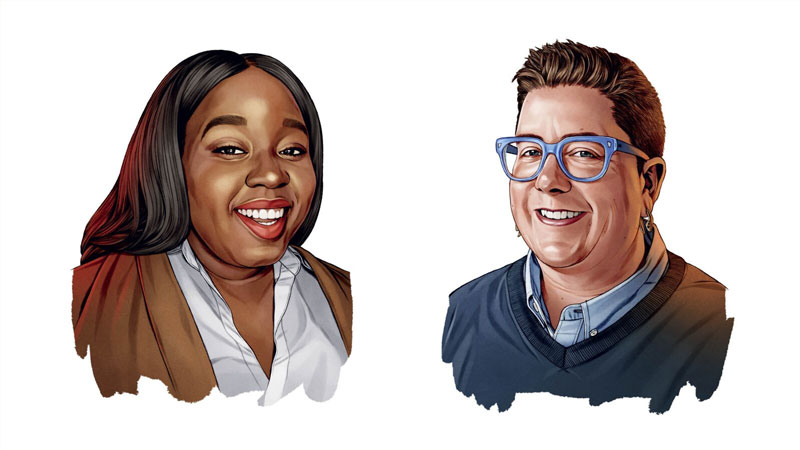

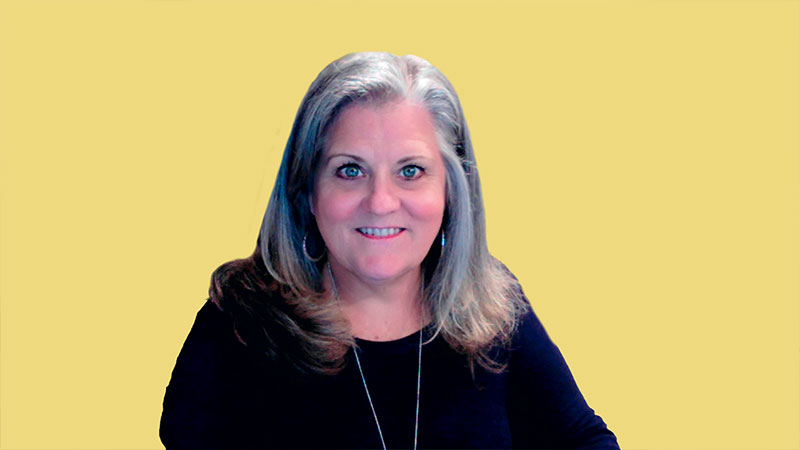
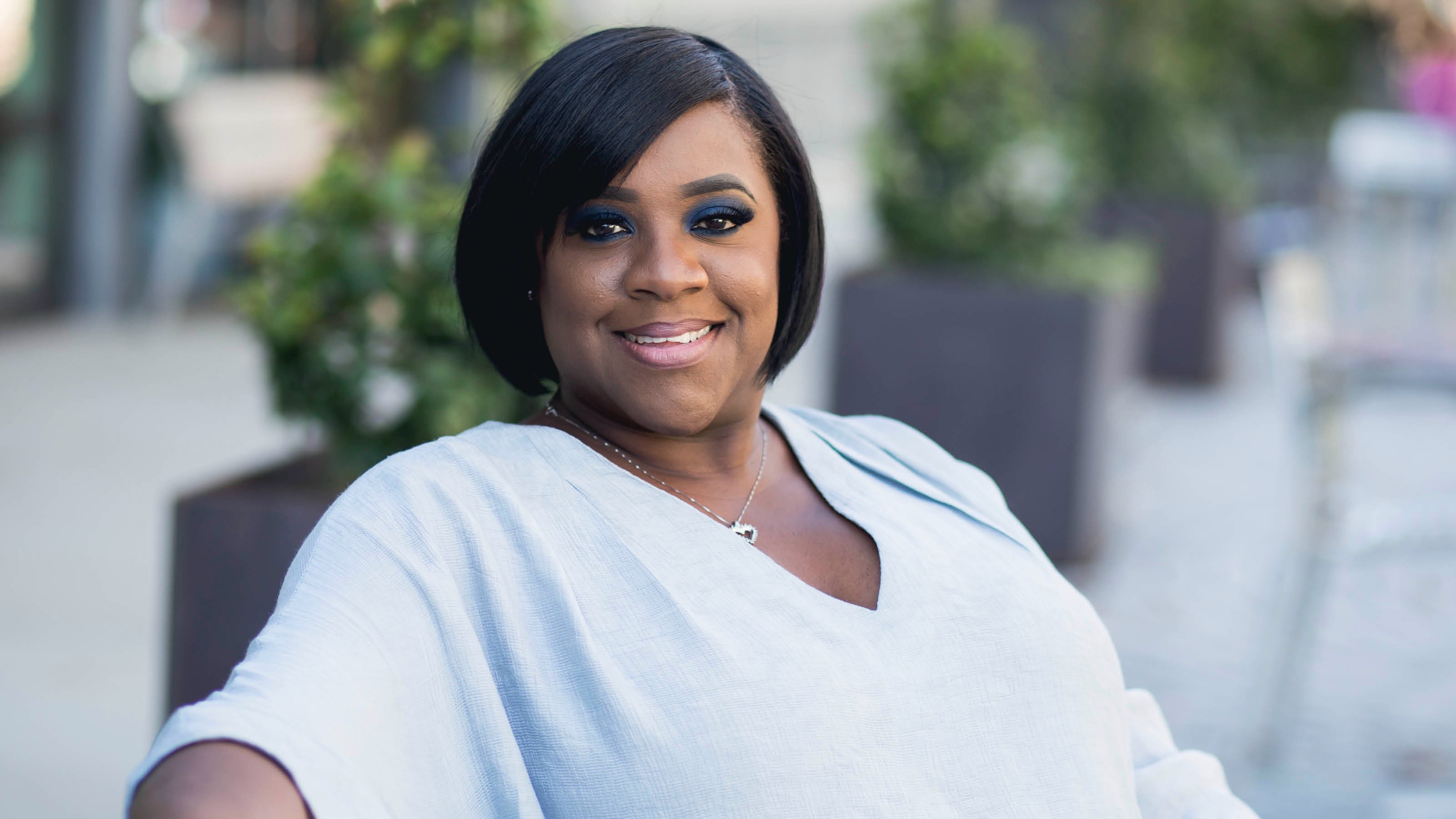

-250x250-ad-3-20-24-kdf.png?sfvrsn=a0e044d0_1)

